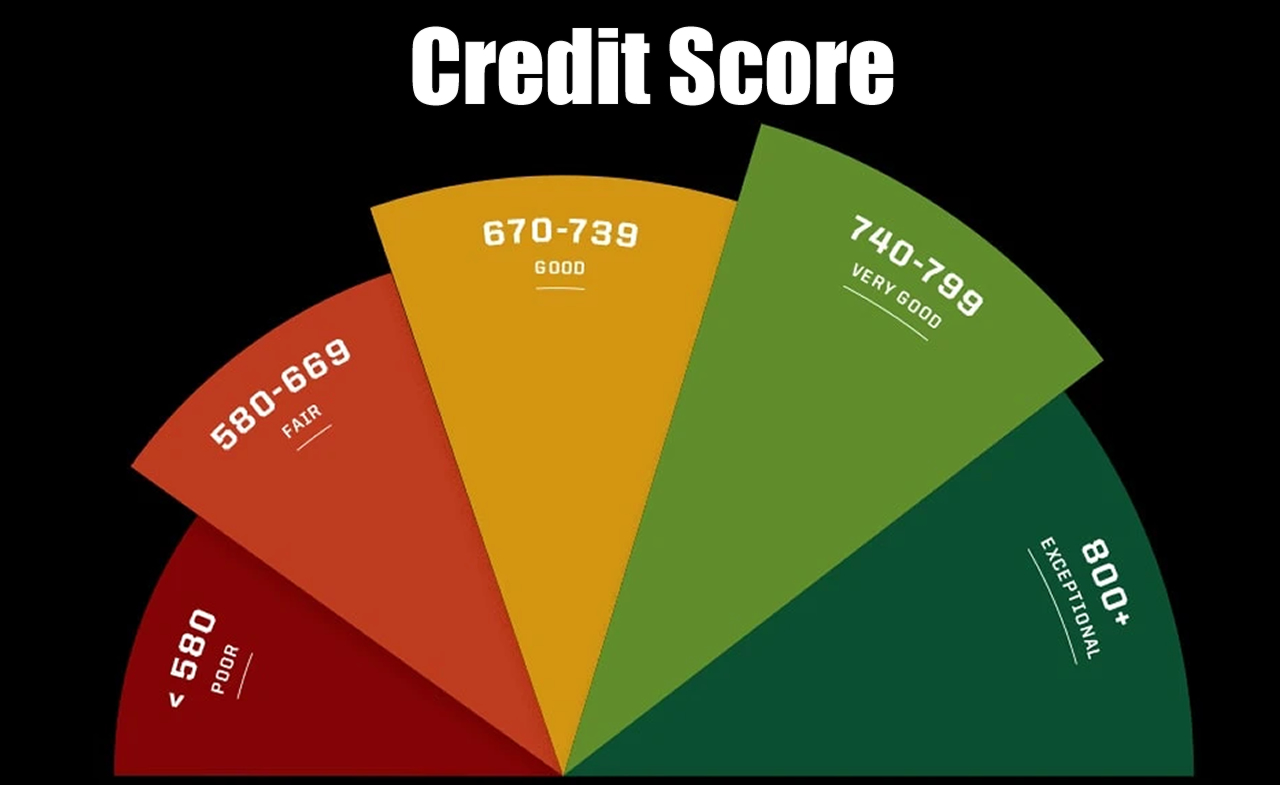If you manage to enhance your credit score, this sort of investment will serve to benefit you in the long run and make great use of your time and energy.
A competent credit report will guarantee you a higher approval rate for any loans or credit cards that you plan to apply for, as well as better and more economical interest rates. Exhibiting a satisfactory credit history should be able to spare you enough money for other uses like a more affordable insurance premium.
Read on to learn the ways that your credit scores function and how to improve them.
Establishing your credit score
FICO and VantageScore are the most common credit-scoring models in the United States. Many lenders rely on the credit score generated by these models to determine the chances of working with you when you submit your application for a new loan or credit card.
No matter the model used, they both utilize an elaborate software sequence that considers the information in your credit report and calculates possible uncertainties of you settling your dues at least 90 days past your deadlines in the following 24 months. Your lender will consider your credit score if your credit history shows overall timeliness.
How to boost your credit score
Study your credit reports
You can have as many credit scores as you need to. You have no control over the credit score your preferred lender will choose to evaluate your credit reports, but you can manipulate the ones that will determine your score. You can have many credit scores, but you can only get three credit reports.
You should analyze your credit reports from Equifax, TransUnion, and Experian since fraud and credit history errors can occur. If you overlook any mistakes, your credit report will generate a lower credit score. If you find a reporting flaw, federal law allows you to rebut it with the right credit bureau.

Settle your payments on time
Your preferred lender is more bound to believe that you can handle any amount of credit if you manage to settle your dues on or before their deadlines. Your record of recompensation is the largest influence on the credit scores generated by the FICO and VantageScore credit scoring models. Still, a FICO-generated credit score will consider 35% of your payment history.
Even the least frequent late payments made can seriously drag your credit score down. If you can’t seem to break out of your habit of barely settling your dues, you can turn to automated recompensation and an emergency fund.
Reduce your credit utilization ratio
Your dues in relation to your credit limit are the second most significant element to determining your credit score. The “Amounts Owed” section in your credit reports accounts for 30% of your FICO-generated credit score, which you can further enhance by settling your credit card dues and reducing your credit utilization ratio.
The perfect ratio depends on the credit scoring model being used. You should settle your dues in full every month, so you could request for a higher credit limit to fulfill your deadlines. Your credit score will also rely on when your credit card issuer submits your credit reports to the credit institutions.
Go to a friend or family member for some help
More often than not, you have no choice but to wait for your credit scores to get better, but you can ask for help from a friend or family member who can properly handle their credit card account.
Having a loved one included you in their credit card account as a verified user can help contribute to your credit history, as long as the account is well-managed.

Place yourself on top of self-reporting
A short credit history isn’t enough to convince lenders that you can settle your dues, regardless of how many and how old your accounts are on average. Yes, a loved one can help, but you can contribute more data to your credit report through self-reporting.
You can hook your online banking information up to Experian Boost and permit a credit agency to include your history of telecommunications and utility dues in your credit report. UltraFICO Score lets you permit others to access your banking information.
Avoid making new account requests too frequently
A hard inquiry finds its place on your credit report when you ask for higher credit, but it might pull your credit score down for a moment, staying on your credit report for 24 months and dragging your credit score down for the first 12 of them. You should check your approval rates before you submit your credit card application and avoid sending too many credit card applications in a short period of time.
The FICO model allows several loan applications made between 14 and 45 days as one significant inquiry, while VantageScore considers those made within 14 days.
In summary
No one can have a credit score amounting to a perfect 850 generated in just one night. However, every step down the right path is bound to bring awesome perks. The moment your credit starts to transition from bad to fair to good, you can begin setting money aside for future uses and taking out more chances.
Cultivating proper long-term credit practices is a first-rate technique for accomplishing and maintaining an exceptional credit score. You should settle your dues on or before the deadlines, maintain a reduced credit utilization ratio, and ask for credit only when the need itself arises.

